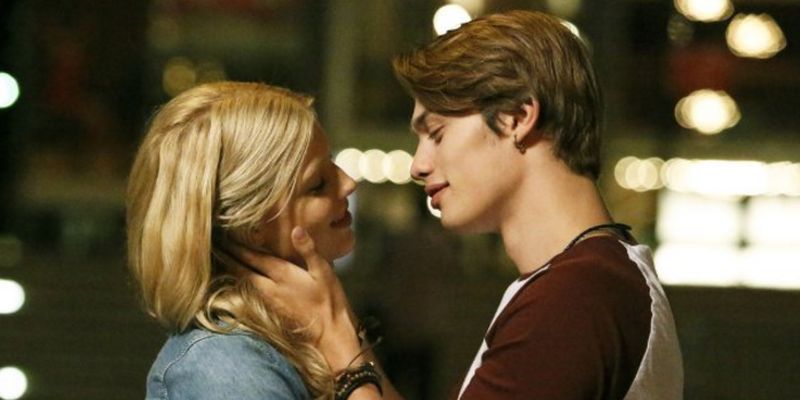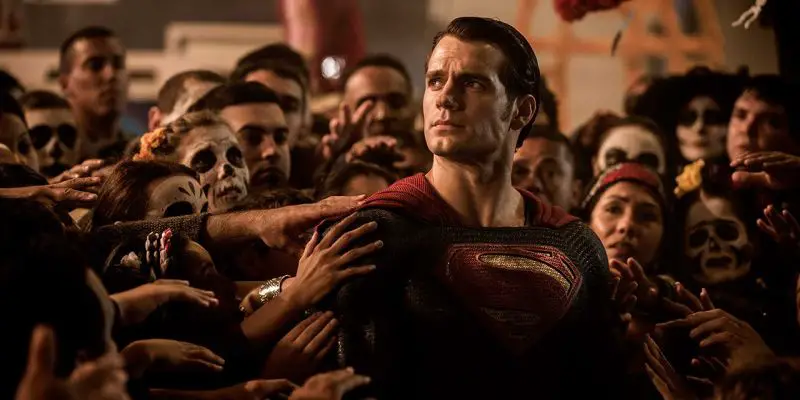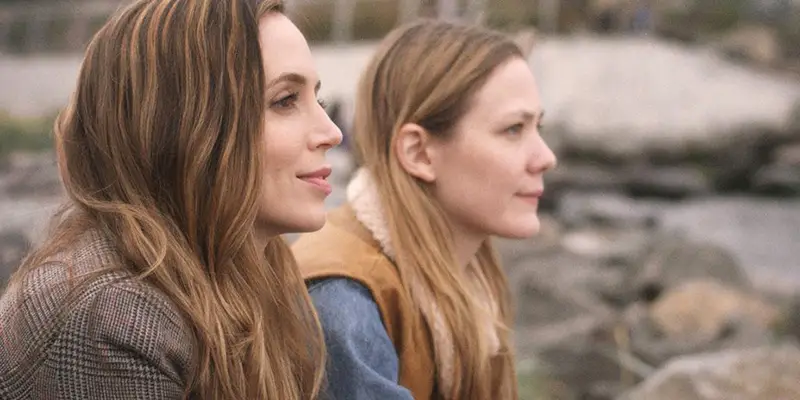2010s
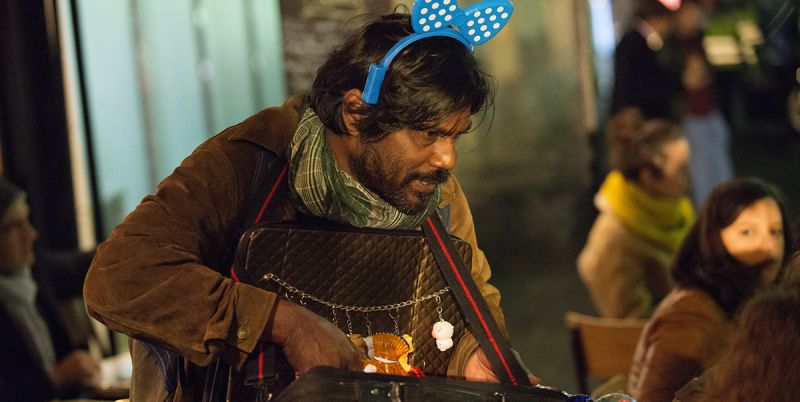
Even in world cinema, the stories we see on screen are largely those depicting the lives and crises of the most well-off members of each respective society – showing situations that still can largely be referred to as “first world problems” without a sense of ironic bite. It is why a film like Dheepan is so urgently needed in the current, self-centred socio-political climate. It firmly puts us in the shoes of characters whose stories are never told in cinema:
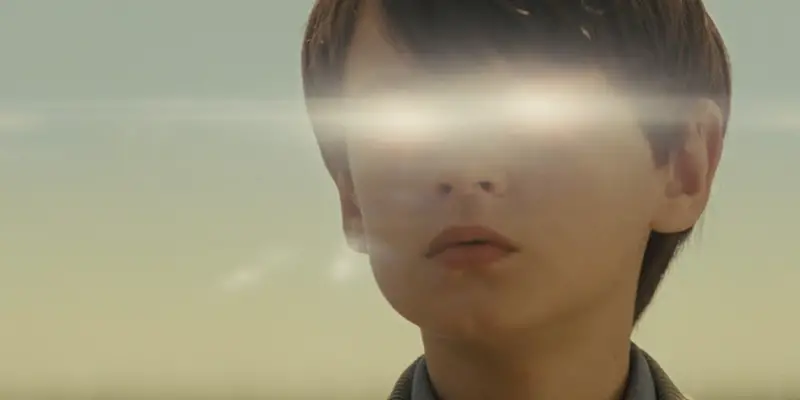
With only four movies to his name so far, and with features ranging in genre from coming-of-age dramas (Mud) to quasi-science fiction (Take Shelter), Jeff Nichols’ films have at least one thing in common (other than that they all star Michael Shannon): they are all intimate productions, both in style and in their focus on the tight-knit relationships around us. Often set in the American South where Nichols himself grew up, his films deal with familial struggles and upsets in usually uneventful communities.
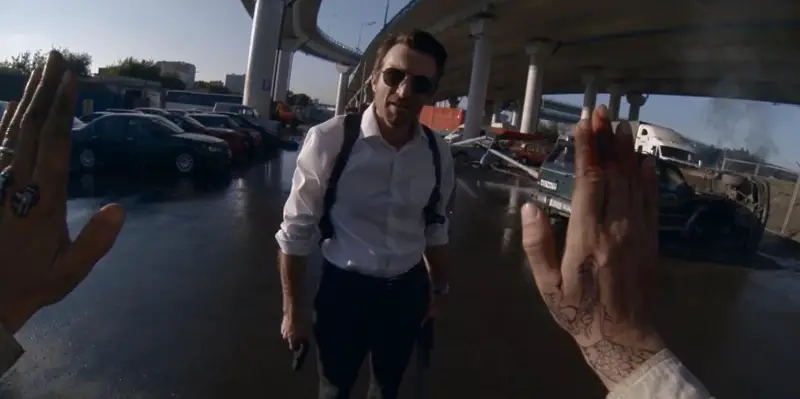
Action cinema is a pain to bring to light. Let’s be clear that every film is difficult to make and they all have inherent problems, ranging from little to gigantic nuances. But action takes the cake when it comes to painstakingly long hours and the mundane repetition that is required to capture the choreography of a scene just right.

Modern creatives have taken many liberties with the subject of vampire/werewolf lore. Films such as Blade and the Underworld series’ brought slick, Hong Kong-style hyper-violence wrapped in a trench coat, whereas Twilight added teenage brooding and sickly bubble gum romance, which many purists would rather see vanish into a sparkly haze. Emma Darks’ latest short Seize The Night fits categorically into the first grouping.
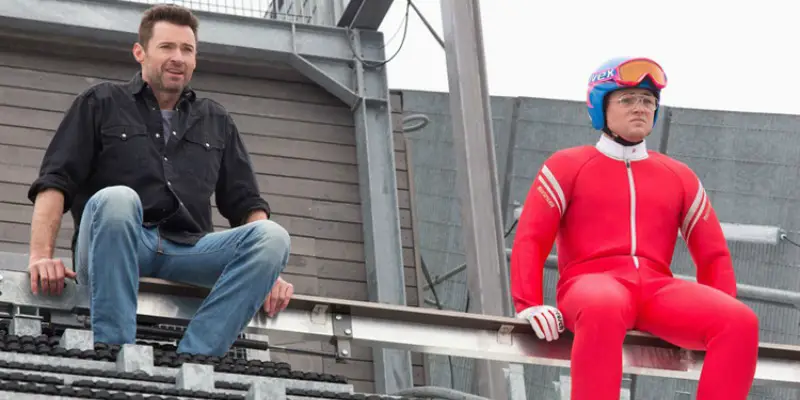
I have been following the production of Eddie The Eagle for a very long time it seems. I’m a great devotee of director Dexter Fletcher (Sunshine On Leith is excellent), I love a good sports movie, even better, I love a British underdog sports movie. Of course, if you know me or are familiar with me at all you’ll know I also absolutely adore Taron Egerton.
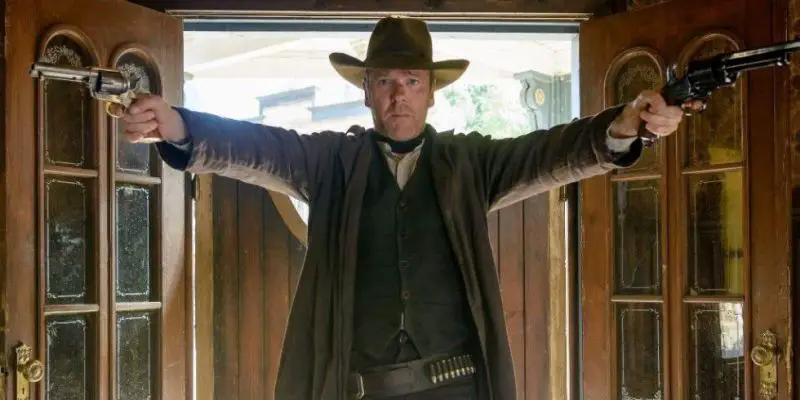
In the days of the revisionist Western, sometimes a throwback to the simple pleasures of the genre’s oldest delights are all that are needed. The only problem with revisiting old cliches is that no amount of nostalgia or charm can make them feel original again, and if performed without either, it comes across as laboured box-ticking in order to fulfil genre requirements. Forsaken unfortunately is the latter, possessing an initial kitsch charm that wears thin quickly when it transpires the film has no unique tricks up its sleeve.
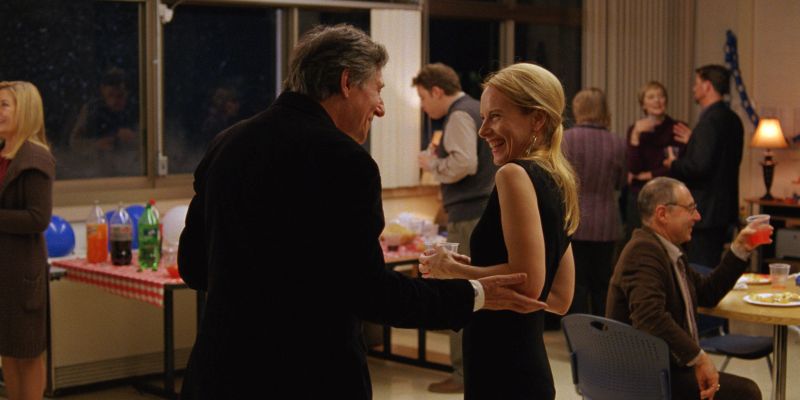
Is it possible for a contemporary America drama dealing with grief not be referred to using the “post-9/11” prefix? Louder Than Bombs charts the emotional complexities of a middle-class New York family as a retrospective article about their deceased war photographer mother/wife is published in the New York Times, resurfacing their most base fragilities. There is nothing in the film that remotely refers back to that harrowing event in American history, yet for many audiences it’s embedded in the subtext – New Yorkers who are confused how to react after this unexpected turbulent event in their lives.
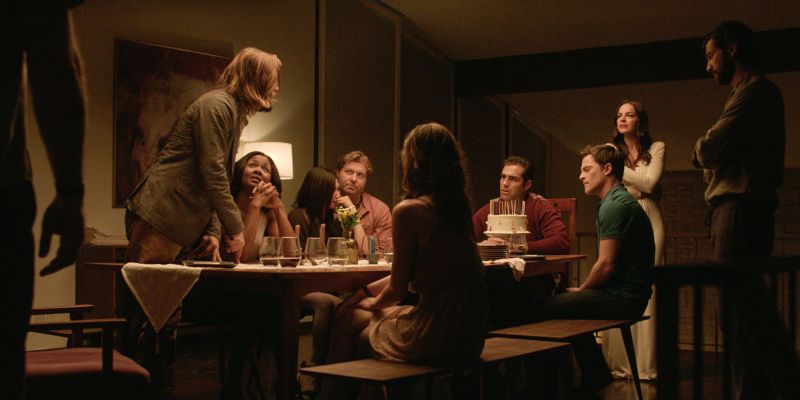
Two years after his ex-wife disappeared, Will (Logan Marshall-Green) and his new girlfriend Kira (Emayatzy Corinealdi) get an invitation to a dinner party his ex-wife is throwing out of the blue. The couple is hesitant, the invitation is too elaborately fancy, and it all feels slightly off, especially after such a long time of complete silence. On their way to the party, they hit a coyote, which Will kills out of mercy.
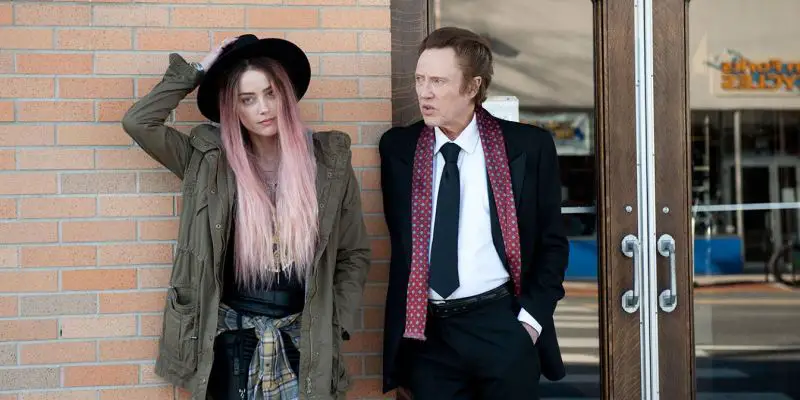
A subtle yet intriguing glimpse at family built on celebrity, One More Time spins a much darker story into a lighthearted drama. Indie earmarks set the tone of the film, as the dialogue-driven character study deftly navigates each family member’s individual flaws while also allowing for a lasting bond with the audience. Pepper in the oddball charm of its male star alongside a borderline Gen X female protagonist, and the foundation is set for a well-crafted, yet easy-on-the-emotions watch.
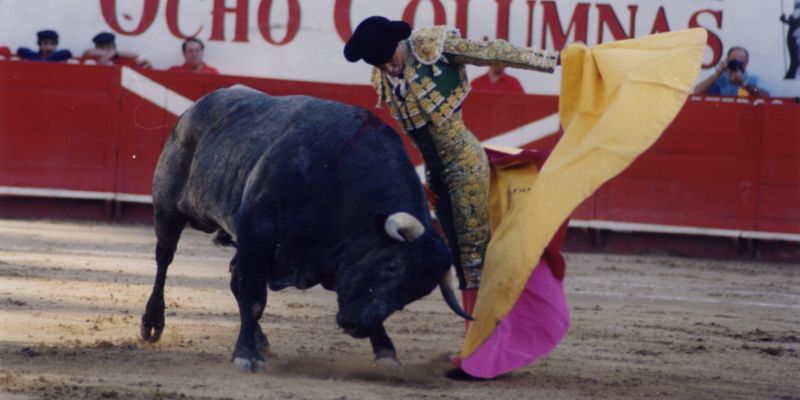
Aside from sports bloopers, a few Hemingway novels and stock footage I don’t know much about bullfighting. Common sense dictates that provoking a bull to charge you to stab it going to be dangerous, and there’s bound to be a daredevil mentality to being a matador. With that rudimentary knowledge, it felt like Gored would provide some insight into bullfighting, the cultural identity of matadors, and the passion of its subject.
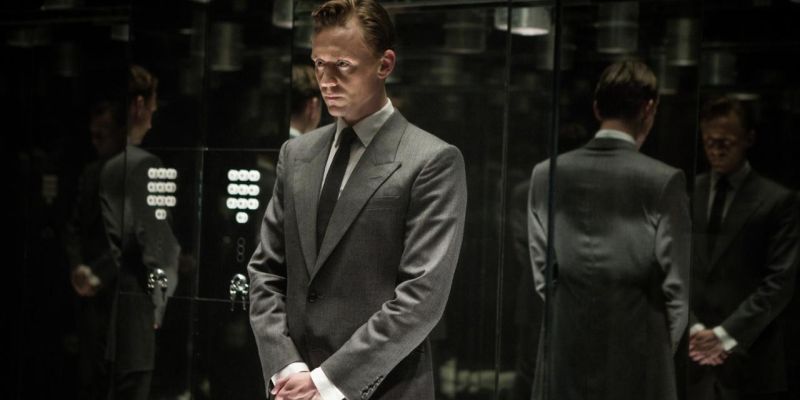
There are few novels considered “unfilmable” that haven’t been translated to the big screen. High-Rise, director Ben Wheatley’s adaptation of J.G Ballard’s cult 1975 sci-fi novel, is the rare movie adaptation that doesn’t feel like it has been adapted, so peculiar and distinctive to the director is the increasing foregoing of narrative in favour of societally depraved surrealism.


